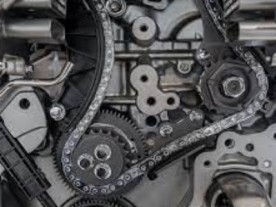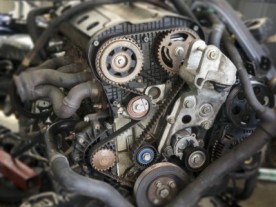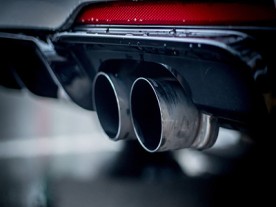How To Choose The Right Timing Belt Kit For Your Vehicle
The timing belt is a crucial component of any vehicle's engine, responsible for synchronizing the movements of the camshaft and crankshaft. Over time, however, this belt can wear down or break, leading to significant engine damage. To avoid such issues, it's essential to replace the timing belt periodically with a high-quality timing belt kit that includes all necessary components.
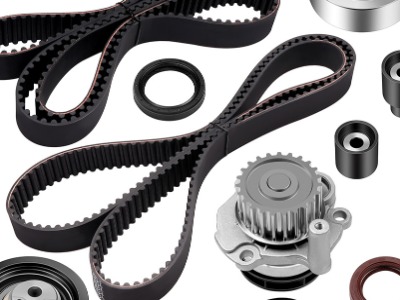
Step 1: Determine Your Vehicle's Engine Type
Before selecting a timing belt kit, it's crucial to know what type of engine you have. This information can typically be found in your vehicle's owner's manual or by consulting a trusted mechanic. Once you know your engine type, you can narrow down the options for compatible timing belt kits.
Step 2: Consider Parts Quality and Brand Reputation
When choosing a timing belt kit, it's vital to select a high-quality product from a reputable brand. Low-quality parts can lead to premature belt failure and costly engine repairs. Do some research online to identify well-regarded brands and read customer reviews before making a purchase.
Step 3: Price Considerations
Timing belt kits can vary significantly in price, so it's important to establish a budget before starting your search. However, don't skimp on quality to save a few bucks. Investing in a higher-end timing belt kit may cost more upfront but can save you money in the long run by avoiding costly engine damage.
Step 4: Special Features
Some timing belt kits come with additional components or features designed to enhance engine performance. For example, some kits include upgraded tensioners or idlers that can reduce belt slippage and improve power output. Consider whether these additional features are necessary for your vehicle and budget accordingly.
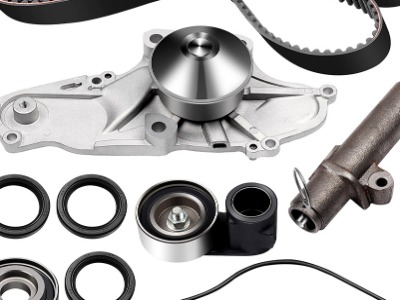
Step 5: Consult Your Vehicle Manual
Finally, it's essential to consult your vehicle manual for specific timing belt specifications and replacement intervals. Following the manufacturer's recommendations can ensure optimal engine performance and prevent premature belt failure.
Replacing the timing belt with a high-quality kit is essential to maintain your vehicle's performance and longevity. By following these steps and considering factors such as engine type, parts quality, price considerations, special features, and consulting your vehicle manual, you can select the best timing belt kit for your specific vehicle and avoid costly engine repairs.






